So how Christian is classical music?
mainThe Dutch composer John Borstlap, a regular contributor to Slipped Disc, has been pondering an age-old question in a new essay.
The subject of this article is the relationship between classical music and Christianity – a tricky subject, since many people in the cultural field believe that it is difficult to find a cultural product that is more ‘outdated’ and ‘narrow-minded’ and ‘supremacist’ than Christianity as an organized religion. Also, there is a consensus that the farther away religion is from the concert hall, the better, in spite of the rituals in both concert halls and churches which are so alike. With church music – Bach cantatas, passions, Mozart masses and the like – the connection is clear and does not warrant any exploration, but secular music should be pure and unencumbered by associations with the context from which art music liberated itself long ago. So, I will tread carefully in this minefield of conflicting opinions, and will say right away that the Christian religion is much more than a religious nomination, organization, or a world view defined by circumscribed axioma’s and orthodoxies; it has played a prominent role in shaping Western civilization, and was to a great extent the cradle of modern society and its values, and its art.
It is not so that religions create religious people, but the other way around: from time immemorial people have been religious by nature, and therefore they create religions, in an attempt to find the most appropriate expression of their religious ideas. Christianity, like all the great world religions, is an expression in terms of symbols, narratives and metaphors of the normal human religious instinct, an expression born from universal experience of the human condition…. Here is the link with music, which is not material, but consists of more or less referential patterns of vibrations in the air, which produce meaning and the experience of presence in the listening process. As there are different musical cultures in the world, but all based upon a natural, material property of sound waves and their proportional relationships as demonstrated in the harmonic series, there are different religious world views which are all based, under the surface of appearances, upon the natural intimations of the human being. The differences in the forms of religion are accents, which lift some particular value from the whole of life experiences and throw a specific light upon them, colouring them with a particular value and interpretation. This is related to how people experience life, on a deep level, in different times and different places and cultures….
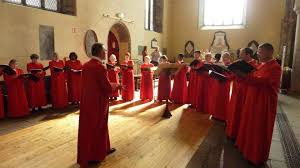
Read on here.

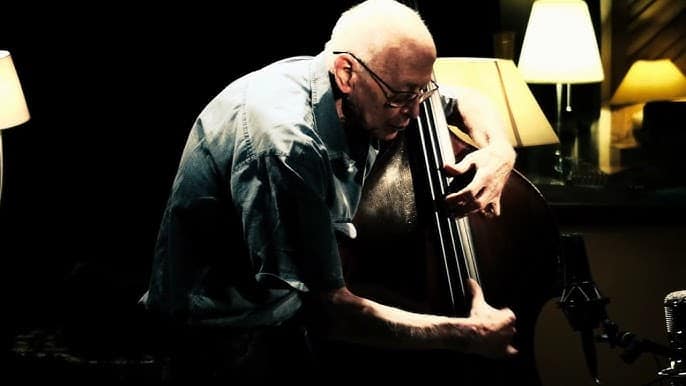
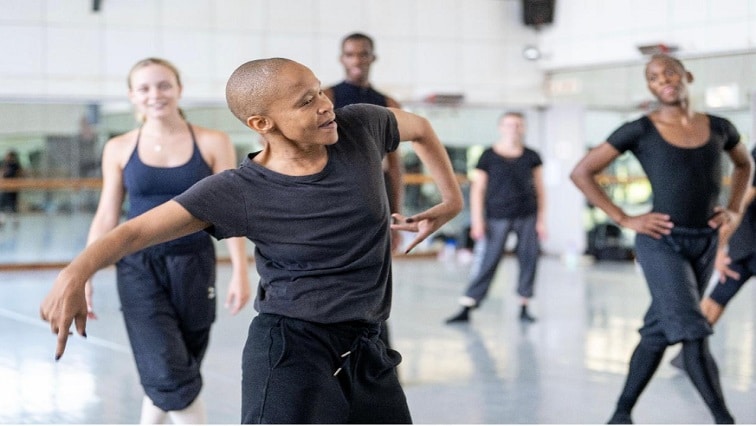
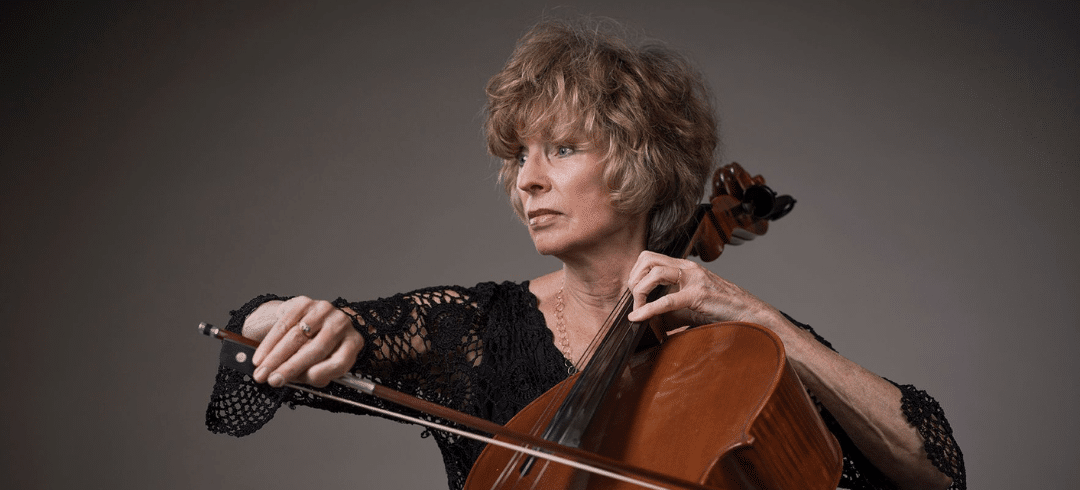
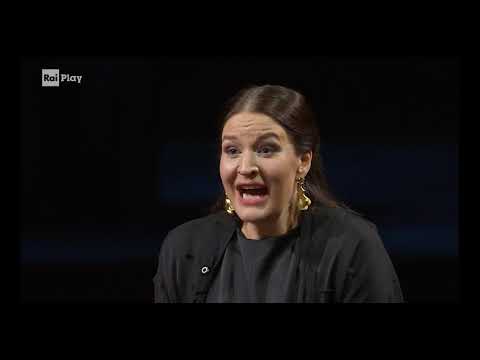
Very good and inspiring artikel!
The big problem that Christianity has is the entirely mythical nature of its protagonist. But in essence one can only agree with Mr Borstlap’s analysis.
To which extend would that be a problem? The myth is about value and meaning, and whether the protagonist has never existed, or whether the stories are a synthesis of various religious leaders at the time, is less relevant than the fact that the religion answered a real collective need.
It is a problem because while you or I may think allegorically, the average member of a congregation in, for example, a Baptist Church believes everything in the New Testament is literally true and the preachers who should know better take care not to disabuse them of this notion.
Religion is about symbols and they can be read on different levels. People who have difficulty in perceiving meaning on a symbolic level, finding them being ‘less true’, are better served by a literal reading which still conveys meaning. The realm of the soul is a different one in comparison with the rational intellect.
JB writes: “whether the protagonist has never existed, or whether the stories are a synthesis of various religious leaders ”
No, there was definitely a real historical figure of Jesus who lead a group of Jewish believers while they wondered around the dessert near Jerusalem, preaching and being supported by alms. This historical figure really did turn up in Jerusalem for the Passover, was arrested within days, and died on the cross. And the community he lead decided to spread his message to the Jewish community after he died.
There is abundant evidence for these claims, with near contemporary records even among non-Christians (and nothing I said means that you have to be a Christian if you know these facts).
If by “mythical” you mean the term in its most colloquial sense so as to imply Jesus never exited, you are plainly and simply wrong (no serious scholars, even atheist or agnostic ones, like Bart Ehrman, subscribe to that Enlightenment-era canard). However, if you understood “myth” in its most proper and elevated sense, in the way that thinkers such as, say Rene Girard, Alan Watts, Georg Baudler, Rene Guenon, Julius Evola, or Rudolf Steiner understood it, then you would understand that calling something “mythological” is not necessarily a bad thing.
Strip away the supernatural elements from the Christ figure (all copied from earlier pagan myths, and which no one with a rationally fucntioning brain can seriously believe) and you are left at most with a failed apocyalyptic prophet. Certainly not a figure to inspire.
Actually, many of the supernatural elements are original in Christianity. Anyway, he hardly failed when Christianity is the world’s major religion.
For evidence of the existence of a historical person, what is needed is corroborative information: you need to find at least one independent, different source confirming the initial source. But all sources about JC come from the early Christian communities, and none exists from, for instance, a Roman independent source. This does not exclude the possibilitiy JC really existed, but we simply cannot know. The most likely source of the New Testament seems to be a collection of different stories from different interrelated sources, cobbled together into an inspired mythological narrative with some deep psychological meaning and thus, relating to religious needs of many people because the narrative touches upon the human condition. I don’t think the ‘reality question’ is very important in relation to the narrative.
You are wrong. There is evidence in the non-Christian record of the historical figure of Jesus. And it rally isn’t clear why you would exclude the Christian records from the evidence of his existence. If we did the same for later historical figures, we would not believe Charlemagne or William the Conqueror existed.
As far as I know, and I have read quite some sources, there is no corroborative evidence about the life of JC outside of the early Christian communities, and these Christian sources stem from much after JC’s apparant death. That is very different from Charlemagne whose existence had a direct and far-reaching effect upon the realities of life on an entire continent – it is really a somewhat crazy comparison. But if independent historical sources about JC do exist, please name them, I would be interested to know.
It seems that early Cristian communities are mentioned in Roman sources, but that is something different.
…Jesus never “exited”…? So Ascencion is nothing to get exited about….? Someone seems to have mythed the point.
Sorry that is not right. Christianity is a historical religion based around an historical figure and historical events. If that is not so, Christianity does not exist.
Indeed, there is little evidence that Christianity actually exists….
Er?? Jesus was a real historical figure, with much contemporary and near contemporary evidence of his existence. (Of course, only Christians believe he is God.)
Um, what does Sally think of all this?
She’s going to be annoyed at all the mess when she gets back from her spring trip… “I leave you alone for a week — one week —, and just look at the state of things!”
I just got back indeed – a short visit to my aunt Claire who lives in Paris and runs a flower shop close to the Notre Dame. Both being enthusiastic catholics, and suffer quite boring lives, we visited the Sacre Coeur on monday to get some action, but auntie got texted that we obviously were at the wrong place.
Sally
I always admire John Borstlap’s contributions here and look forward to them. But I have to question one comment near the start of his essay – “[Christianity] has played a prominent role in shaping Western civilization, and was to a great extent the cradle of modern society and its values, and its art.”
When Europe was mired for many centuries in the Dark Ages, it was surely the Muslim religion which played a far more major role in advancing education, science, medicine, mathematics, the arts, architecture and other societal advances, with specific importance given to the arts and sciences of Persia and the scientific developments of China. For many hundreds of years the Church was frequently at war with its various factions. It was also responsible for the monstrous pillage and carnage of vast numbers of fellow Christians as the various Crusader rabble armies made their ways to the Holy Land. Once the First Crusade made it to Jerusalem, unlike the Muslims which had permitted the religions to co-exist side by side, the Christians set about massacring the city’s Muslim and Jewish populations. So much for Christian values!
Then came the extreme barbarity of the Inquisition – and there is no need to expand further. So whilst the Church has certainly played a “prominent role”, I cannot accept that in historical terms taking the entire period of Christianity as a whole it has been, even to a “great extent”, the “cradle of modern society and its values, and its art.”
All those critical observations about Christianity are true. But in Europe during the Dark Ages it was Christianity which preserved some of Antiquity’s civilisation, with an early renaissance under Charlemagne and a big one in Italy a couple of ages later. It was also then that civilised values from Islamic civilisation entered Italy – when the muslems sacked Constantinopolis, destroying as much as they could. Barbarism is not restricted to Christian abberations, as history shows us, and neither do religious abberations diminish the underlying contribution to the better values of the modern world. And as for Islamic civilisation, that quickly came to an end when the zelots and orthodox fanatics got the upper hand. This has not much to do with religion in itself but with the limitations of humankind.
Personally I find Borslap’s views banal, muddled, wrong-headed and ignorant.
His ignorance about the historicism of early Christianity is simply breath-taking, as is his ignorance of the fact that learning about the classical world in the west came very much through the Arab Moslem world (actually, Jews played a full part the intellectual life of the Moslem states, and also made a contribution). The Christian west only really caught up in the Renaissance. And subsequent intellectual developments took place where the inquisition had little-or-no say.
See my comment above.
And please do wash your mouth if you want to be taken seriously.
You got it wrong, Nick2. M*slim religion spread by force very much obstructed the ancient links towards the Far East (conquering Near East, Persia, India and interrupting business), and may have played a role in the medieval age becoming dark.
See how the wolf and the goat “lived together” and who was the 2nd class citizen in Spain and why it was necessary to build a strong Christian Church to achieve Reconquista:
https://www.amazon.com/Myth-Andalusian-Paradise-Christians-Medieval/dp/1610170954/
Western Europe with its Churches becoming bars or being sold to build there m*sques — is primed by the EU and UN for being taken over, unfortunately.
In this day and age – and I’m not implying that this is a ‘better’ day and age – unless you’re a Christian believer, all that matters is the quality of the music.
I found this a fascinating attempt to tackle one of mankind’s “big questions” in relation to music.
My probably naïve view is that one feature which distinguished Homo sapiens from other hominins was the ability to ask questions beyond what was obvious, and to devise narratives which answered those questions. Some of those narratives could be verified and refined through observation and trial, and they led to developments such as agriculture, technology, and the trappings of civilisation; others remained unknowable but the spirituality of the narratives served a useful social purpose in bonding together those who shared a belief system. Some belief systems became prevalent and developed further as religions.
Music, at least singing and simple percussion, was probably always a human activity. As it became more elaborate through the same process of questioning and exploration, those making music discovered they could convey emotions beyond those of everyday life. In the Western musical tradition (I am largely ignorant of others) music could be used to convey an underlying spirituality which might be – but didn’t have to be – associated with the dominant Christian religion and its variants. However the fact that much music is overtly Christian is probably a simple consequence of music itself not providing its practitioners with food and shelter and the Church being a widely available employer.
To put all that subjectively: I don’t myself believe in a god, but when I listen to the music of Bach I am completely convinced that Bach’s “God” existed.
Sally has just spoken to the Pope who has confirmed that true music must be based on a fundamental recognition of the overtone series–a natural and universal human sensation granted to us by God. The Pope has also proclaimed that the Book of Revelation has been removed from the Bible since the apocalyptic imagery leads to an “unnatural” amount of dissonance and sound art–both clearly manifestations of Satan. Furthermore, all composers who work with such materials will be excommunicated along with other people involved in “unnatural” activity like homosexuality.
I would never ever speak to such pope who doesn’t understand modern music! And of course atonal dissonance is devil’s stuff that’s the attraction of it! Without the devil there’s no god so when I’m putting my Pli selon Pli on again after work while doing my yoga exercises, thank god it’s giving some consolation for all the work pressure I’ve to endure here. And the whole idea that triads are based on physics with that old stuff of strings being devided in two and so on, it’s mere math stuff, that does not make it true. And that Schoenberg was gay you can clearly hear in his Pierrot so thank god it has become normal.
Sally